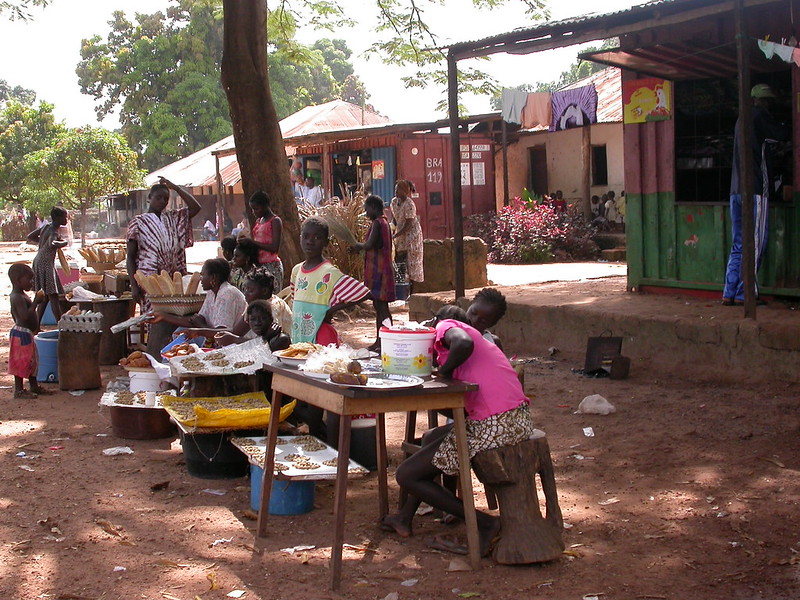GUINEA-BISSAU ON THE EVE OF ELECTIONS
In Guinea-Bissau, a small West African country of 1.5 million and a complicated political history since liberation from Portuguese colonial rule, Parliamentary elections are scheduled for 10 March. The polls are a landmark event for returning to political stability and exiting from three years of deep political crisis. Just after the boisterous Carnival Season, elections preparations have been intense but peaceful with political campaigning and significant contributions from the international community. Over 100 international Observers and about 400 national election monitors are in the country to follow the vote. The UN Integrated Political Assistance Mission (UNIOGBIS) is on the ground to provide good offices and space for dialogue.
Things are looking good, the weather is dry and sunny as most times in this month. Election logistics are in place, despite challenges with infrastructure and transport. Voter education brigades have crisscrossed the country and even in small villages, the political parties have opened offices and put out many posters as well as music to motivate the electorate. Turnout promises to be high, if the recent presidential elections in Senegal are a gauge where 66% of the voters went to the polls. The West African democracy train is puffing, and a young generation in Guinea-Bissau has something to look forward to- many just came of voting age and will cast their ballot for the first time.
The other side of the coin is an entrenched political party machine that makes many promises for elections, distributes T-shirts and motorcycles and then forgets about the interest of the people when forming a Government and securing lucrative positions. Guinea-Bissau was a conduit for drugs smuggling over years and is just starting to tackle the issue more seriously. Social services are crumbling and education and health systems are woefully inadequate. Waves of strikes have increased in 2018, especially by teachers and students. Still, people are optimistic that this time around, things might definitely change for the better. A Stability Pact was signed not long ago by major political contenders and Civil Society. The local food stalls from Carnival called “Baracas” are still in place and serve the occasional visitor as well as the residents- so Election Day will not see empty stomachs. An entire fleet of blue and while private taxis and minibuses is busy plying the streets of Bissau. These are signs of economic opportunities which can only grow in the years to come.
